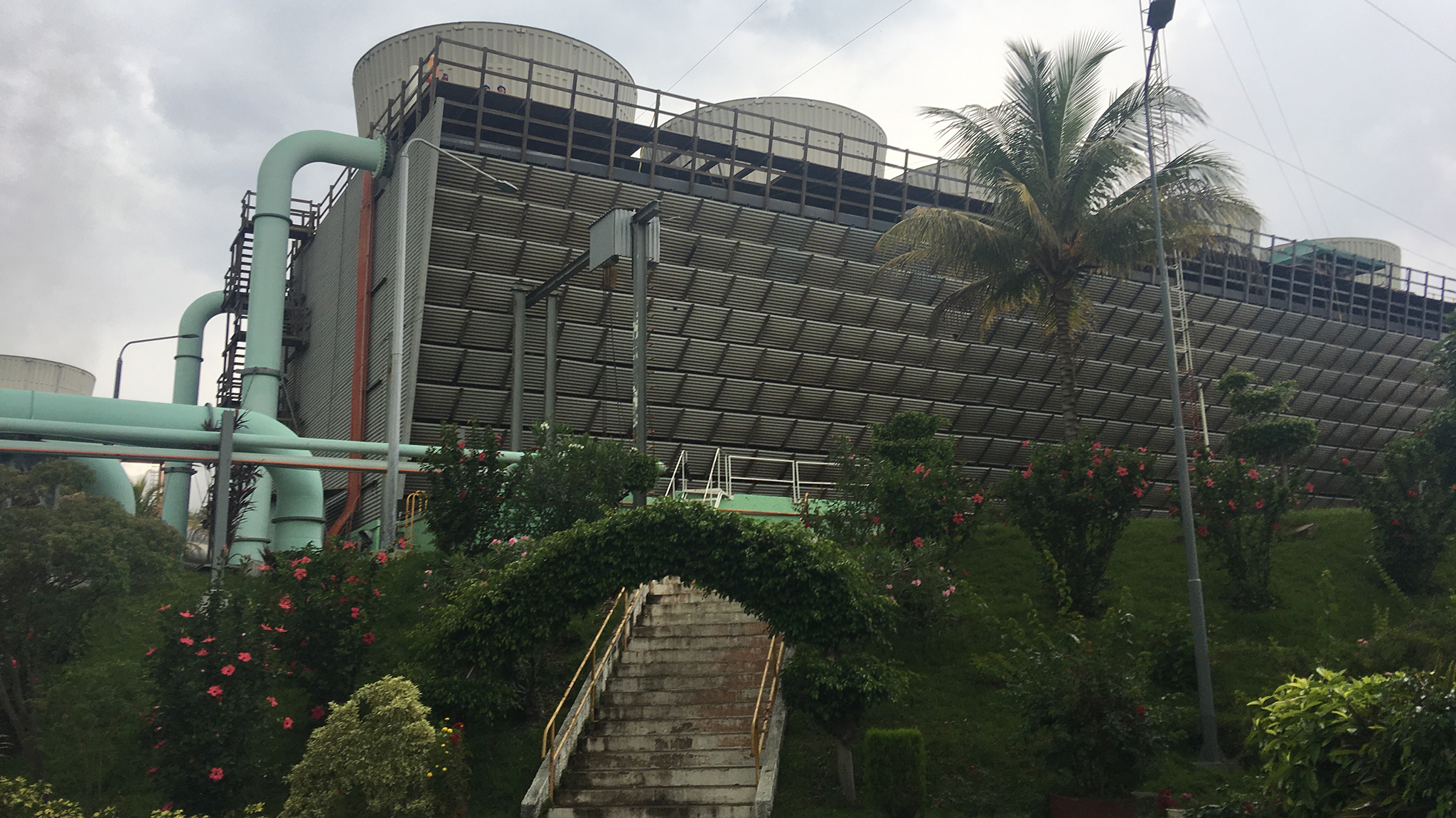
Turkey & Geothermal Energy
Turkey is a country located at the crossroads of Europe and Asia, known for its rich cultural heritage and strategic location.
However, Turkey is also endowed with abundant natural resources, including geothermal energy.
Geothermal energy is a type of renewable energy that utilizes the heat from the earth’s interior to generate electricity or provide heating and cooling services.
In recent years, Turkey has been actively developing its geothermal energy resources to meet the growing demand for energy and reduce its dependence on fossil fuels.
One of the advantages of geothermal energy is its reliability and consistency.
Unlike wind and solar energy, which are subject to weather conditions, geothermal energy can be harnessed 24/7, making it a valuable source of baseload power.
Apart from electricity generation, geothermal energy can also be used for direct applications, such as heating and cooling.
Additionally, geothermal power plants emit relatively low levels of greenhouse gases and air pollutants, making them a cleaner alternative to fossil fuels.

National Power of Turkey
The country's geothermal energy resources are primarily located in the western and central regions, particularly in the Aegean and Marmara regions.
Currently, Turkey has a total installed geothermal power capacity of approximately 1,600 MW, with an additional 500 MW under construction.
This capacity is expected to increase significantly in the coming years, as Turkey has set a target of reaching 2,500 MW of geothermal power by 2023.
Part of National Freedom
Several geothermal district heating systems have already been installed in Turkey, particularly in the city of Denizli, where over 60% of the city’s heating needs are met by geothermal energy.
In conclusion, geothermal energy has significant potential in Turkey, both for electricity generation and direct use applications.
As the country strives to reduce its dependence on fossil fuels and increase the share of renewables in its energy mix, geothermal energy is likely to play an increasingly important role.
With supportive policies and investments, Turkey could further develop its geothermal energy resources, create new jobs, and contribute to a more sustainable future.
Reinjection
helps to maintain the pressure level in the reservoir. Another important benefit of reinjection is by continuous flushing of the rock matrix by the cooled water, the recoverable energy from the reservoir substantially increases.
Geothermal power
plants largely release only excess steam, with most plants discharging no air or liquid. This makes geothermal power plants a clean source of electricity and an important contributor to the nation's zero-carbon future.
Geothermal energy
is considered one of the most efficient and sustainable types of energy because it's a clean, reliable, and renewable resource. It uses the heat inside the earth's surface to generate electricity and provide heating and cooling.
Geothermal sources
are a renewable energy and will never deplete. Abundant geothermal energy will be available for as long as the Earth exists. It is a renewable energy source from the heat generated by the earth's internal core and is available 7/24/365.
Low carbon energy families:
Geothermal has some of the most potential with the fewest drawbacks.
Solar panels are capable of generating power with zero emissions. The generated power can be used to feed your energy demand, perfectly replacing conventional energy needs with green energy. Every kilowatt of green energy can reduce your carbon footprint by 3,000 pounds annually.
Wind energy is a viable alternative of fossil fuels. It does not emit CO2 or other air pollutants. It runs virtually carbon free for its lifetime.

